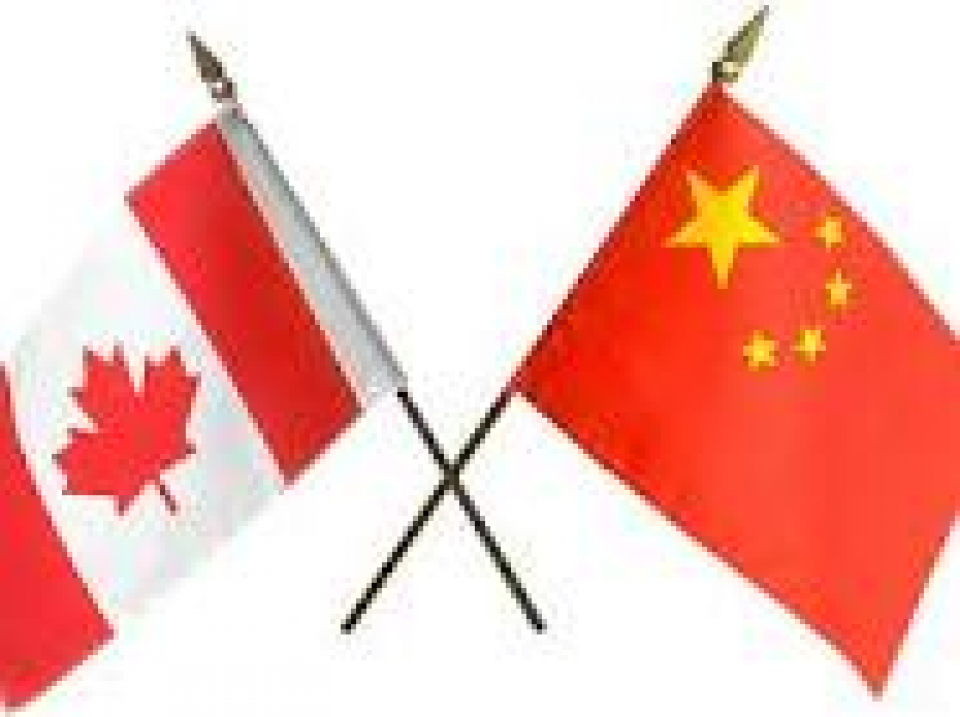Canada and Japan have agreed to enter free-trade talks. Prime Minister Stephen Harper and his Japanese counterpart made the announcement following a bilateral meeting in Tokyo on Sunday, according to the Canadian Broadcasting Corp.
The news follows a recently released joint study estimating that such an agreement could mean gains of up to CAN$3.8 billion a year in Canadian gross domestic product, with Canadian exports to Japan increasing by as much as 67 per cent.
The European Free Trade Association states of Iceland, Norway, Switzerland and Liechtenstein.
It is also in negotiation with many others, including India and the European Union. During Harper's trip to China in February, leaders there also expressed interest in future free-trade talks. Canada also hopes to participate in the emerging Trans-Pacific Partnership.
"These are important steps forward; historic steps forward," Harper said heading into the meeting.
With the world's third largest economy, Japan already does big business with Canada. Canada exported nearly $11 billion worth of goods to Japan last year, while Canadians purchased $13 billion worth of items made in Japan.
Japan is Canada's fifth largest trading partner and trade between the two countries was worth about $23 billion in 2010,
The Canadian-Japanese report on economic co-operation concluded that a free-trade deal could net billions more for Canada's economy in areas such as aerospace, energy and agriculture.
"But Canada's auto sector is not exactly happy about this," said CBC's Laurie Graham, reporting from Tokyo.
"Japanese cars being imported into Canada pay a tariff of about six per cent, and there's concern that if there's a free-trade deal that tariff will be lifted, which would mean, conceivably, that Japanese cars would be cheaper in Canada and competition would be a lot tougher.
Prime Minister Yoshihiko Noda also announced the two countries will pursue enhanced defence and security co-operation, including the establishment of a supply base the Canadian military could use in emergencies.
Noda made a point of framing defence co-operation in the context of renewed concerns about North Korea.
The isolated Communist nation plans to a launch a satellite next month, which the US has described an attempt to test ballistic missile technology — something that sets off alarm bells in Japan.
Source: CBC.com


